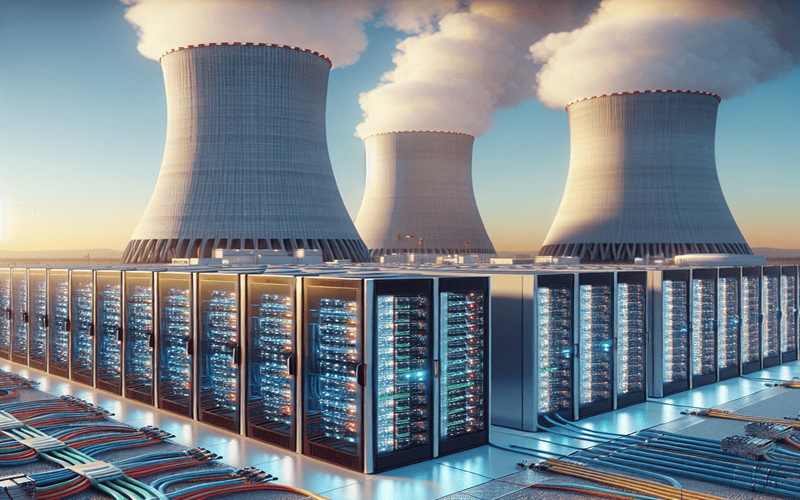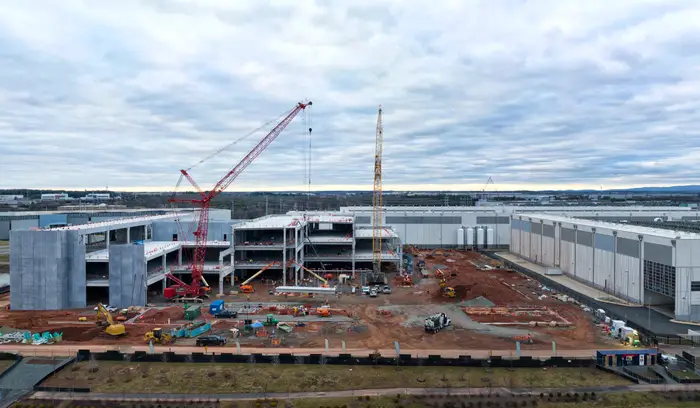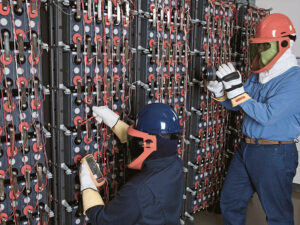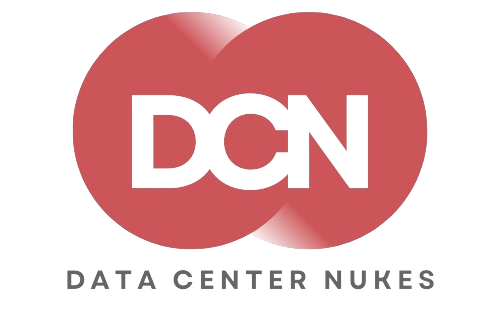In this episode of the Data Center Nukes Podcast, I had the pleasure of speaking with Steve Jolly, a 25-year veteran of the Navy Nuclear Program and currently working as a Data Center Cluster Manager at Amazon Webs Services (AWS). Steve gives advice on transitioning from a career in the Navy to the civilian workforce, especially into the fast growing data center industry.
Identify Transferable Skills
“Nuclear power is critical facilities, just like data centers. So, being able to see that, okay, do I meet those basic qualifications and the preferred qualifications, get as much of those on the resume as you possibly can.”
The skills acquired in the nuclear Navy are highly relevant to the data center industry. It’s crucial to highlight these skills in your resume and during job interviews. Understanding and being able to articulate the parallels between the two fields can give you a significant advantage.
One practical step is to make a detailed list of your technical skills and experiences in the Navy. Compare these with the job descriptions in the data center field to find direct correlations. For instance, experience with power systems, cooling, and high-security protocols are directly applicable.

Understanding Job Requirements
“If the job description says you need five plus years of relevant work experience in a data center or other critical environment, well guess what, hat critical environment is nuclear power.”
Thoroughly understanding job postings and translating your military experience into civilian terms is essential. Many veterans struggle with this because military roles often have unique titles and responsibilities that don’t easily translate. It’s important to decode job descriptions and align them with your experience.
Start by researching the job titles you are aiming for and their requirements in the data center industry. Use this information to tailor your resume and cover letter. Consider using online resources (such as this translation guide!) for help translating military experience to civilian job markets. You can also email me at datacenternukes@gmail.com for my quick thoughts.
Building and maintaining a professional network can significantly impact your career progression. Both internal and external networking are vital for finding job opportunities and advancing within the company. Networking isn’t just about making connections; it’s about building relationships that can offer support, advice, and opportunities throughout your career.
I recommend the Data Center Nukes LinkedIn and/or Facebook groups for networking.


Professional Development
Continuously seeking professional development opportunities, such as certifications and advanced training, can enhance your resume and make you a more competitive candidate. The data center industry values continuous learning and up-to-date knowledge.
Consider pursuing certifications relevant to the data center industry, such as Certified Data Center Professional (CDCP) or Certified Data Center Management Professional (CDCMP). These credentials can validate your expertise and commitment to the field. Additionally, look for training programs that can fill any gaps in your knowledge.
